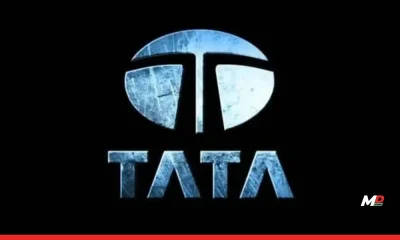Business
GST notice of Rs. 32000 crores to Infosys, ex-CFO Mohandas Pai calls it “Tax Terrorism at its worst”

Infosys, one of India’s leading IT giants, was hit with a pre-show cause notice from Karnataka state GST authorities, alleging tax evasion to the tune of ₹32,000 crore. This development has sparked significant controversy and debate within the industry. Infosys’ ex-CFO, Mohandas Pai, said that the centre’s Rs 32,000 crore Goods and Services Act (GST) demand is ‘tax terrorism’ at its worst.
The notice drew a sharp response from Infosys’ former CFO, Mohandas Pai, who took to X (formerly Twitter) to express his disapproval. Pai, a known supporter of the central government, called the notice “outrageous” and labelled it a clear case of “tax terrorism.” He questioned the GST authorities’ interpretation of tax laws, especially concerning service exports, which he asserted are not subject to GST.
Pai’s comments have amplified the debate, as he tagged prominent figures, including the Finance Minister and the Prime Minister, urging them to address what he perceives as coercive actions by the tax authorities. This reaction stands in contrast to his previous praise for the government’s Union Budget, which he described as transformative.
Infosys quickly addressed the issue through an exchange filing late on July 31. The company clarified that the notice pertains to GST for the period from July 2017 to March 2022, linked to expenses incurred by its overseas branch offices. Infosys confirmed that it has responded to the pre-show cause notice and is in the process of addressing a similar notice from the Director General of GST Intelligence.
This incident has reignited concerns about the aggressive tax policies faced by Indian corporations. The hefty notice against Infosys has raised questions about the interpretation and enforcement of GST laws, especially in the context of service exports. The outcome of this case could have significant implications for the IT industry and its regulatory environment.














